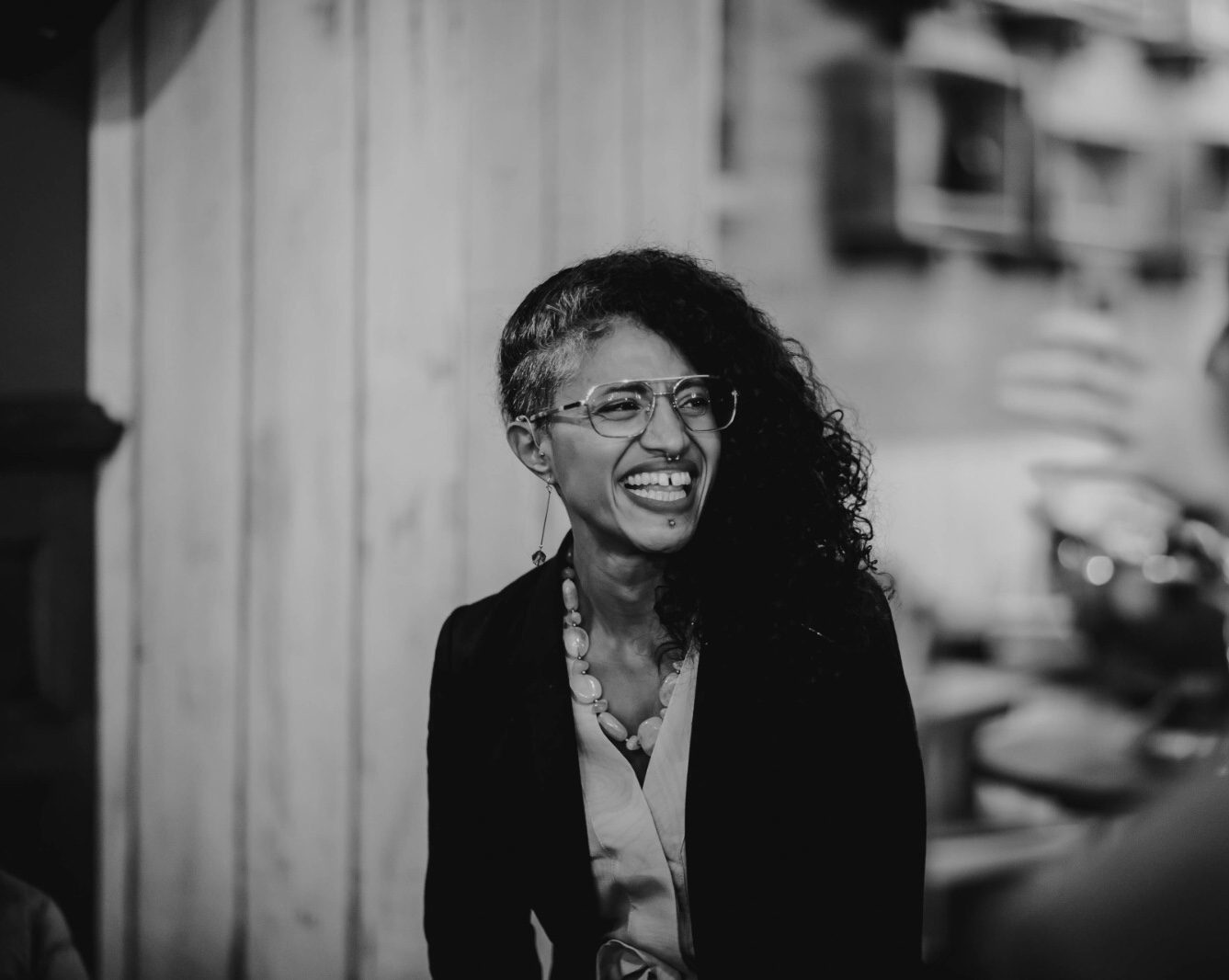
Why role models and modelling is crucial to fostering inclusive leadership
January 2023
Inclusive leadership is talked about a lot –rightly so! – but so many of us still struggle without actually doing it . Having an example of someone modelling it can be a real help to show us what inclusive leadership looks like in action so we can all learn and apply it more in our own ways of working and being. Unlike in school where copying is called cheating, in leadership, copying others who are doing it well, is just good practice.
When most people think about their favourite manager, I imagine it might be the one they got along with best – a manager who taught them the most and gave them their best career opportunities.
When I think about my favourite manager, I can say that, yes. She was many of these things. But, what makes her ‘the best’ for me, as a woman of colour with disabilities, working in white-majority, non-disabled spaces (ie, a typical British organisation) is that she was a genuine Inclusive Leader.
Now, inclusive leadership is talked about a lot –rightly so! – but so many of us still struggle without actually doing it. Having an example of someone modelling it can be a real help to show us what inclusive leadership looks like in action so we can all learn and apply it more in our own ways of working and being. Unlike in school where copying is called cheating, in leadership, copying others who are doing it well, is just good practice.
My (non-disabled, non-Person-of-Colour) manager’s excellent inclusive leadership began even before we even started working together. Upon hearing I’d accepted the offer, she immediately asked if there was any practical or process support I needed to help manage my disabilities in the role.
To be clear, it wasn’t just that she asked – that’s just a tick box with any staff with declared disabilities – it’s that she asked with a genuine attitude of support. She asked in a way that didn’t make me feel a burden for saying “yes, please may I have a lighter laptop and ergonomic mouse?”
She immediately made getting my equipment a priority, emailing HR herself and even apologising for the delay as the weeks dragged on, even when the email chain showed it wasn’t her fault but a failure to have in place basic systems for disabled staff to access equipment they need and to which they’re entitled.
She also didn’t respond to my request for flexible hours with the fear, distrust or complaint that staff with disabilities are so used to. She understood and gently made clear to the rest of the team that I was not getting “special treatment”, but that the provision I was being given just made it more possible for me to work with, or closer to, the same ease and capacity everybody else already had.
It could be tempting to see the example above as just an HR-type interaction, but it’s not. Inclusive leadership is not just about what we do. It’s about how we do it.
It’s about asking with a genuine desire to learn to, to change, to adapt. It’s about proactively stepping outside of your own, comfortable, reflexive ways of working and leaning into experiences and needs beyond your own.
My manager showed this numerous times as she learnt with me how to best support my experiences as a mixed-race-black woman in a white-majority workplace and society.
She leant into inclusive leadership and growth when she acknowledged that it’s emotionally tiring for me being the only person of colour in nearly every single meeting. She also invited me to discuss this with her without defensiveness or justification, even when it made her feel uncomfortable.
She showed inclusive leadership when, during the height of pain for black people in 2020, she acknowledged her anger at the social injustice of racism, and my pain, giving me space for me to discuss this with her and recognition of how it may impact my work. She truly lived inclusive leadership when this support was not an isolated text or conversation, but an ongoing, considerate acknowledgement that my experiences as a Woman of Colour differed from hers.
Even when that meant things like texting me condolences when Chadwick Boseman, a Hollywood star who I’d never met, died – because she understood that this stranger’s death “must feel like another blow to the black community” (she’s right – it did!). She saw my differences and she prioritised my inclusion over her comfort. She trusted me when I shared about my identity and experiences, she respected them, and she leaned in to learn and adapt to them – so I could be more fully included.


